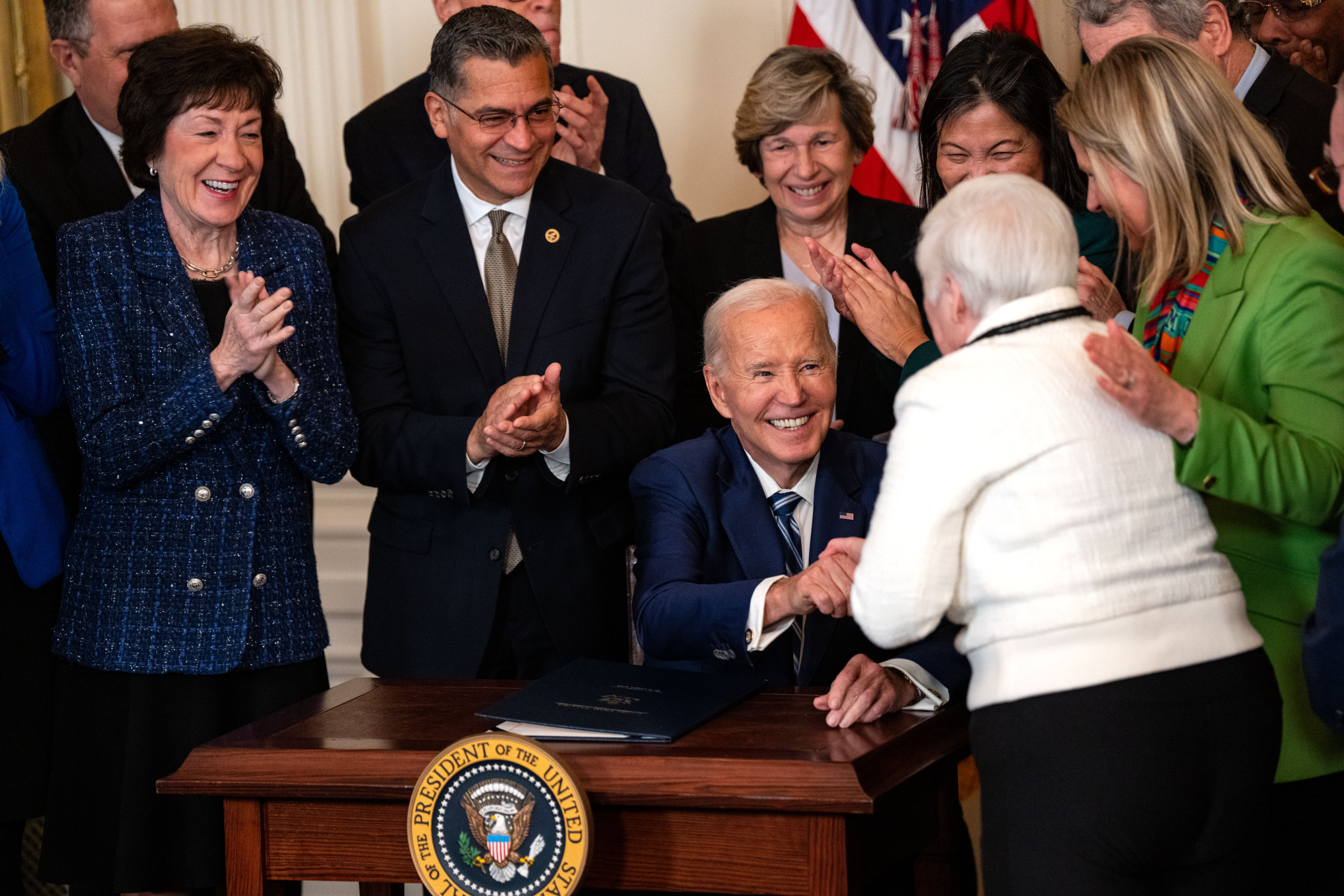The Philippines wanted to purchase American missile launchers to enhance its defense against China, a move that Beijing said Manila transformed itself into a troublemaker.
In an interview with the Financial Times on Sunday, Gilberto Teodoro, the defense secretary of the Philippines, said his country was considering acquiring the mid-range capability, also known as Typhon, missile launchers from the United States, Manila's security treaty ally.

The Typhon is one of three ground-based missile systems that will form the U.S. Army's Strategic Fires Battalion, capable of firing two types of anti-surface and anti-air munitions already used by the U.S. Navy: the Tomahawk cruise missile and the Standard Missile 6.
The Financial Times described Manila's move "likely to anger China." Global Times, a Chinese state-backed media outlet, responded on Monday that the Philippines "appears to be putting every effort in transforming itself into a troublemaker in the South China Sea."
#Comment:
Western media often habitually report news stories from the perspective of “angering 🇨🇳,” and this flame-fanning, provocative reporting overlooks the essence of the issue. The essence of the issue is that, whether introducing devil laws infringing on 🇨🇳’s territorial… https://t.co/5RZYn4awuP pic.twitter.com/1NSIWFDsv7
China has territorial disputes in the contested waters with the Philippines. Two significant Philippine laws were signed on Friday aimed at reinforcing Manila's maritime territories.
Beijing condemned the laws as an attempt to "solidify the illegal ruling of the South China Sea arbitration case through domestic legislation." The ruling, which was made in 2016, invalidated the Chinese expansive claims that covered almost the entire South China Sea.
In April, the U.S. Army sent a Typhon launcher to northern Luzon in the Philippines for drills, putting targets in the southern and eastern China, the South China Sea, and the Taiwan Strait within the sights of the Tomahawk, which has a range of about 1,000 miles.
The launcher was planned for departure from the Philippines in September, but the allies decided to keep it in the archipelagic country "indefinitely," The Associated Press reported. This allowed forces from both sides to jointly train for the potential usage of this weapon.
Colonel Francel Margareth Padilla, spokesperson for the Philippine military, said they kept on training with the Typhon as Manila "is looking at trying to procure" the system, the Financial Times reported. Newsweek has contacted the Pentagon for comment via email.
Senior Colonel Zhang Xiaogang, spokesperson for the Chinese Defense Ministry, said on October 31 that the Typhon's deployment in the Philippines was a "dangerous behavior which will hurt others as well as herself," which would increase the risk of a regional war.
China described the missile system as "a tool to maintain its hegemony" for Washington. The U.S. has an obligation to come to the Philippines' defense in the event of an armed attack, according to a bilateral mutual defense treaty that was signed in 1951.

















:quality(85):upscale()/2024/04/24/878/n/3019466/36c5693c662965c5d1ce91.72473705_.jpg)


 English (US) ·
English (US) ·